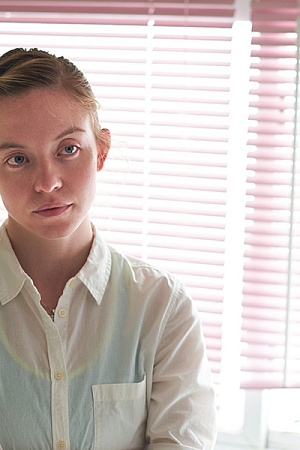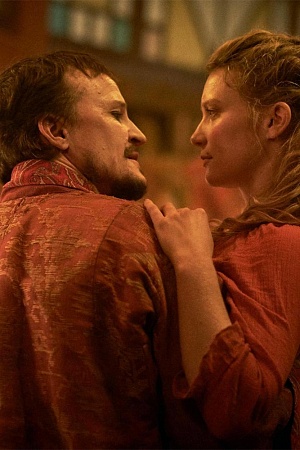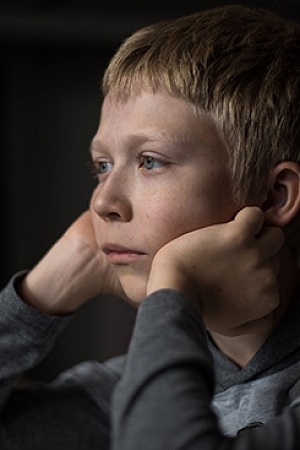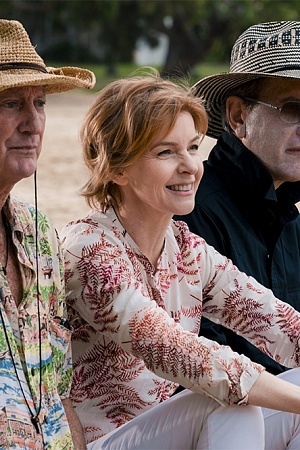Neruda ★★★1/2
In 1948, the Nobel Prize-winning poet and Chilean senator, Pablo Neruda, proud member of his country’s Communist Party, accused his government of treason for forging an alliance with the United States. Shortly after, Neruda went underground to escape arrest. For thirteen months he fled from one clandestine safe house to the next. He grew a bushy beard and pretended to be an ornithologist, Antonio Ruiz Legarreta. Under the guise of this false identity, he crossed the frozen Andean Pass of Lilpela on horseback, from Chile to Argentina, to go into exile.
Continue reading for only $10 per month. Subscribe and gain full access to Australian Book Review. Already a subscriber? Sign in. If you need assistance, feel free to contact us.










Leave a comment
If you are an ABR subscriber, you will need to sign in to post a comment.
If you have forgotten your sign in details, or if you receive an error message when trying to submit your comment, please email your comment (and the name of the article to which it relates) to ABR Comments. We will review your comment and, subject to approval, we will post it under your name.
Please note that all comments must be approved by ABR and comply with our Terms & Conditions.